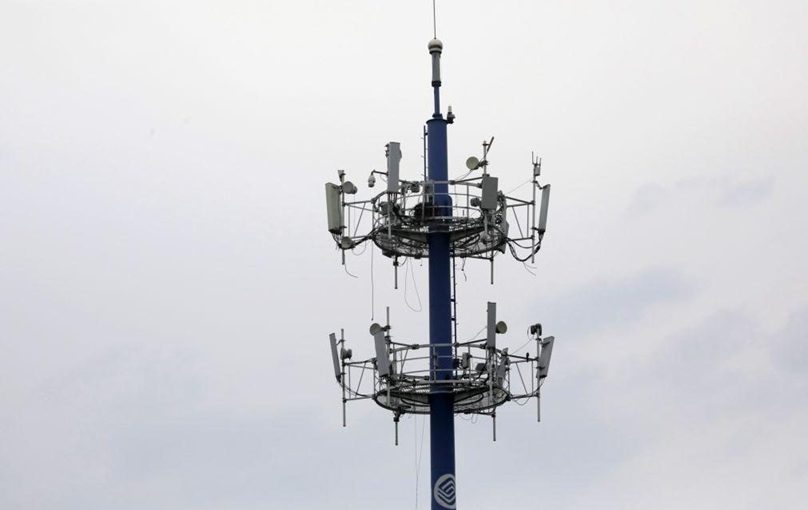Russia's Kamaz mulls setting up truck production in Mozambique - Notícias report
Mozambique: Tmcel losses jump to 59.7 million euros in 2024

File photo: Lusa
Mozambican state-owned telecommunications operator Tmcel posted losses of 4,441 million meticais (€59.7 million) in 2024, double the previous year, according to its annual report, consulted by Lusa on Friday (18-07).
This performance contrasts with the net loss of 2,130 million meticais (€28.6 million) in 2023, half the losses recorded in 2022 of nearly 4,333 million meticais (€58.2 million).
In the document, the company states that it closed 2024 with a portfolio of 841,171 active mobile customers, compared to 717,052 a year earlier, while the fixed network service portfolio fell from 27,562 to 25,363 lines during the same period.
“By the end of 2024, as a result of the implementation of the second phase of the Network Modernization and Expansion Project, which began in January 2022, a total of 1,248 antennas were modernized and/or activated,” the document reads.
The state is the operator’s majority shareholder, with 66% of the share capital. The State Assets Management Institute (IGEPE) holds a 26% stake, and intervened in Tmcel in March 2023 “with a view to improving its performance”, advancing a revitalization plan which was approved two months later.
The operator closed 2024 with negative equity of 14.563 billion meticais (€195.9 million), aggravated by losses from that year, for total assets of 23.378 billion meticais (€315 million) and total liabilities of 37.942 billion meticais (€510.5 million).
In the independent auditor’s report on Tmcel’s 2024 accounts, Ernst & Young (EY) states that the operator’s negative equity is “due to accumulated results (including the year’s loss) of 28,639,631,465 meticais [€385.3 million]” and current liabilities that “exceed current assets by 19,773,327,980 meticais [€266 million]”, which “indicates the existence of a material uncertainty that may jeopardize the company’s ability to continue its normal course of business”.
Mozambique Telecom (Tmcel) was established in December 2018, the result of the merger of the now-defunct Telecomunicações de Moçambique (TDM) and Moçambique Celular (Mcel), to “create a single, competitive, and sustainable entity in the market,” the company notes.
When it was founded, Tmcel, whose share capital is still 8% owned by former employees of the two defunct companies, had a workforce of 2,054. By 2022, that number had already fallen to 1,476, with the operator closing 2023 with a total of 1,370 employees and 1,334 in 2024.
In September 2023, the chairman of Tmcel’s board of directors, Mahomed Adamo Mussá, stated in Maputo that the Mozambican state-owned telecommunications company was undergoing a “new rebirth,” as part of a revitalization of operations, budgeted at US$132 million (€121 million).
“The first two months were spent developing an 18-month plan to turn the company around. That’s what we’re going to have: a new rebirth,” stated Mahomed Adamo Mussá.
Management reported growth in several indicators with the inclusion of new products, already a result of the telecommunications network expansion and modernization project, financed by China’s Eximbank and in its final stages of completion.
Also within the scope of network modernization and expansion, which began in January 2022 after “almost 10 years without investment”, Tmcel, which operates a 7,600 km fiber optic support network and 8,500 km of access networks, had already increased broadband coverage from 10 to 400 gigabits per second (Gbps) in 2023, plus global 4.5G mobile network coverage.












Leave a Reply
Be the First to Comment!
You must be logged in to post a comment.
You must be logged in to post a comment.